
Canola Insight
Western Canada
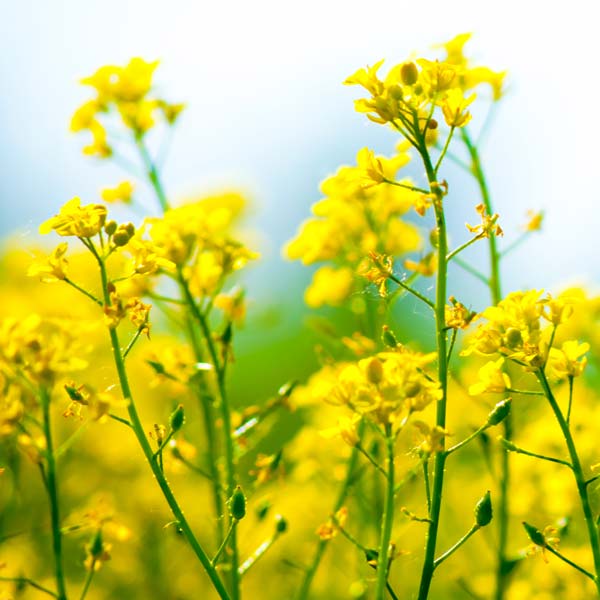 Of all the agricultural production that happens in Canada, there are few images as distinctive and iconic as the bright yellow fields stretching as far as the eye can see when canola blooms in Western Canada.
Of all the agricultural production that happens in Canada, there are few images as distinctive and iconic as the bright yellow fields stretching as far as the eye can see when canola blooms in Western Canada.
Over 20 million acres of canola are seeded every year in Canada, 55 per cent of them in Saskatchewan. The total value of exports hovers around $12 billion annually. It’s an important crop – not just for Western Canada but for the Canadian economy.
Weed control is one of the most important yield-preserving mechanisms in canola. However herbicide-resistance, weed shifts, and other environmental challenges leave canola producers searching for effective herbicide solutions to protect yield potential.
These articles, videos, and products will help you find the best solutions for your operation – solutions that help you maximize yield and protect your fields from resistant weeds and weed shifts that can quickly overwhelm canola.
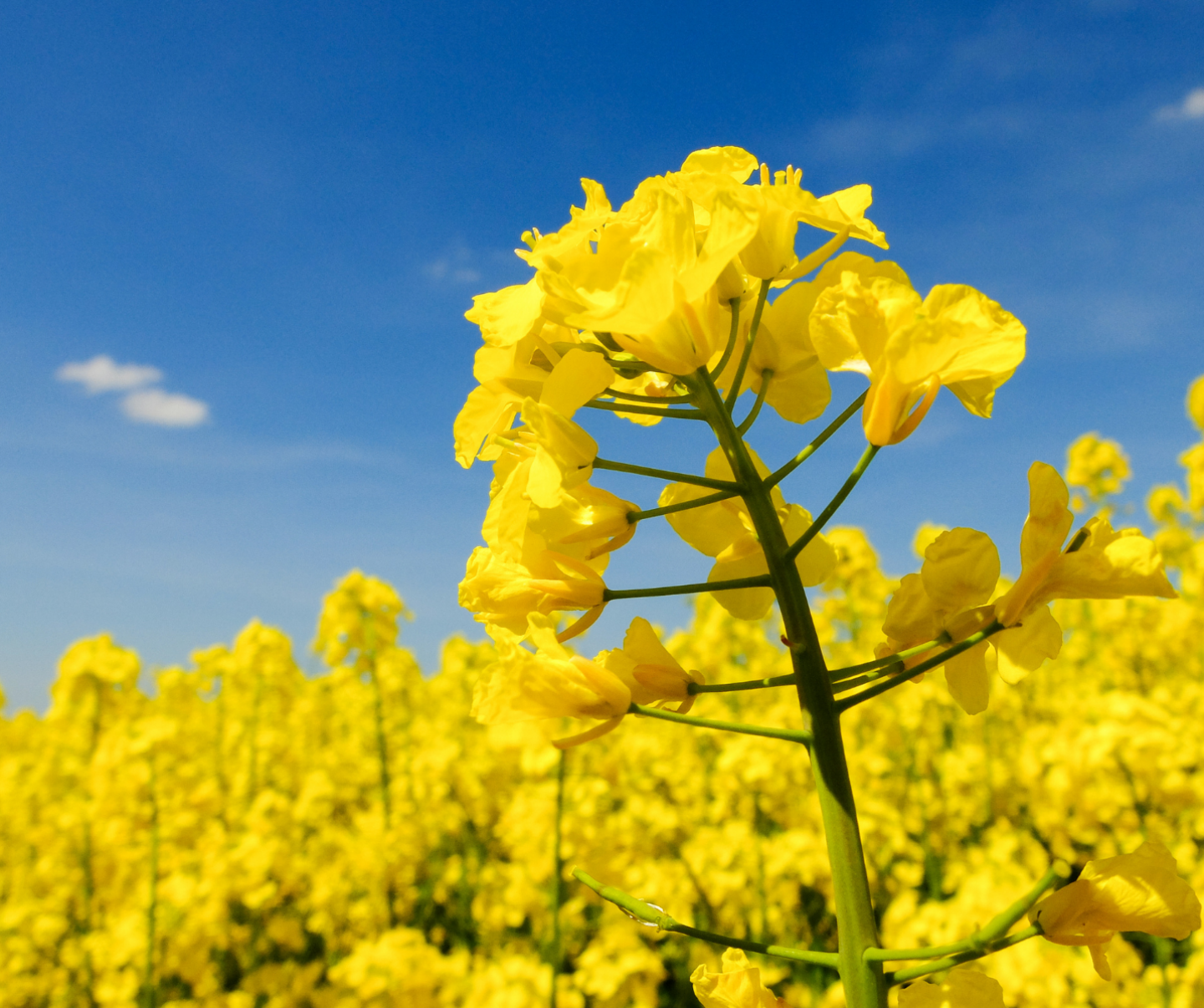
Using multiple modes of action in a pre-seed herbicide application with extended control is most effective at reducing populations of yield-robbing weeds such as cleavers, kochia, round-leaved mallow, stinkweed, volunteer canola, and many others.

Kochia and cleavers cause big headaches in canola. Research from the University of Saskatchewan shows that early, extended weed control is required to manage these yield-robbing weeds. Learn more about these weeds so you can maximize the yield of your canola crop.
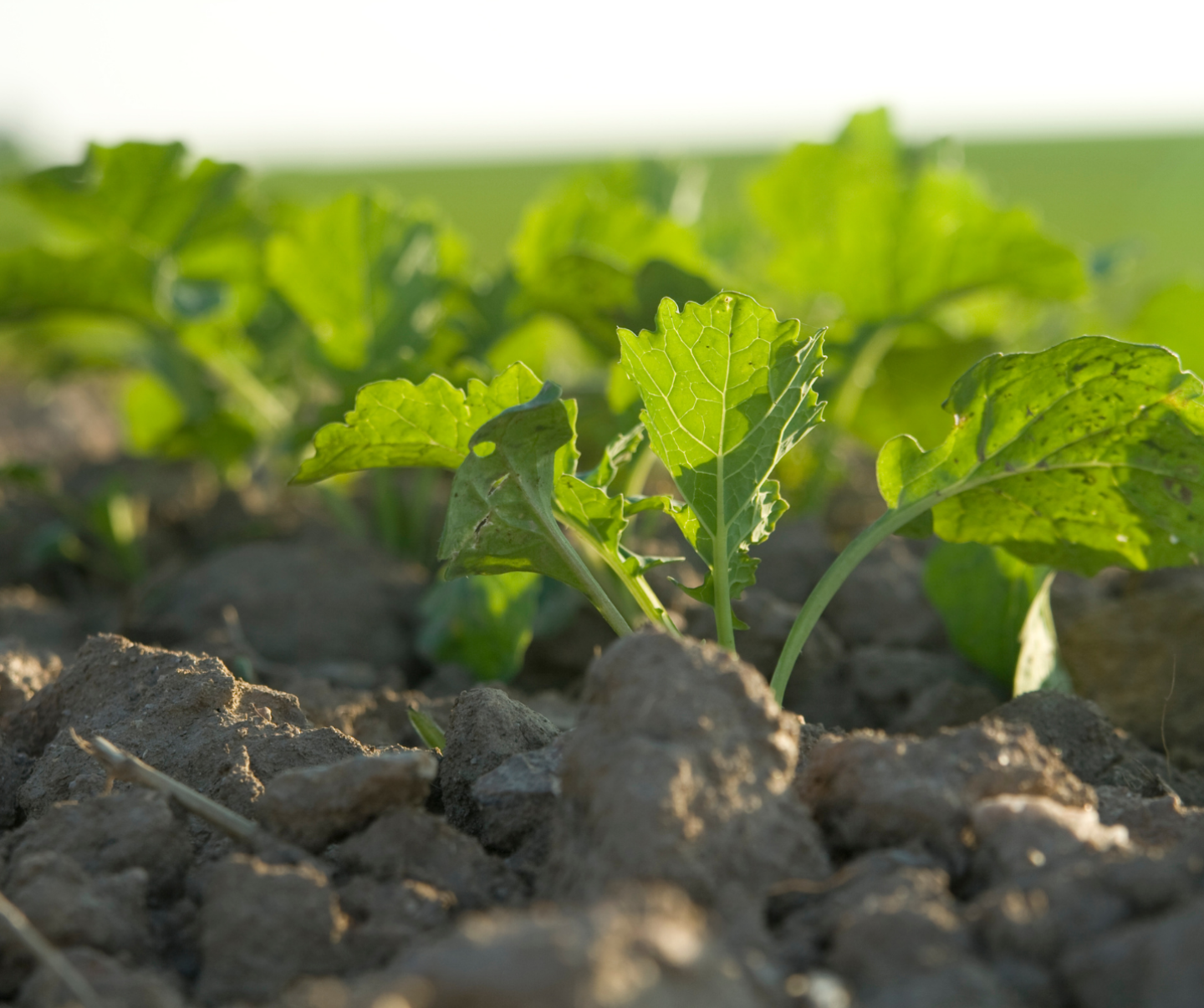
Weed resistance to herbicides has been a reality for a long time. The discovery of glyphosate-resistant kochia biotypes is spreading rapidly across Western Canada. Get ahead in your resistance management by using multiple modes of action and by practicing herbicide layering.
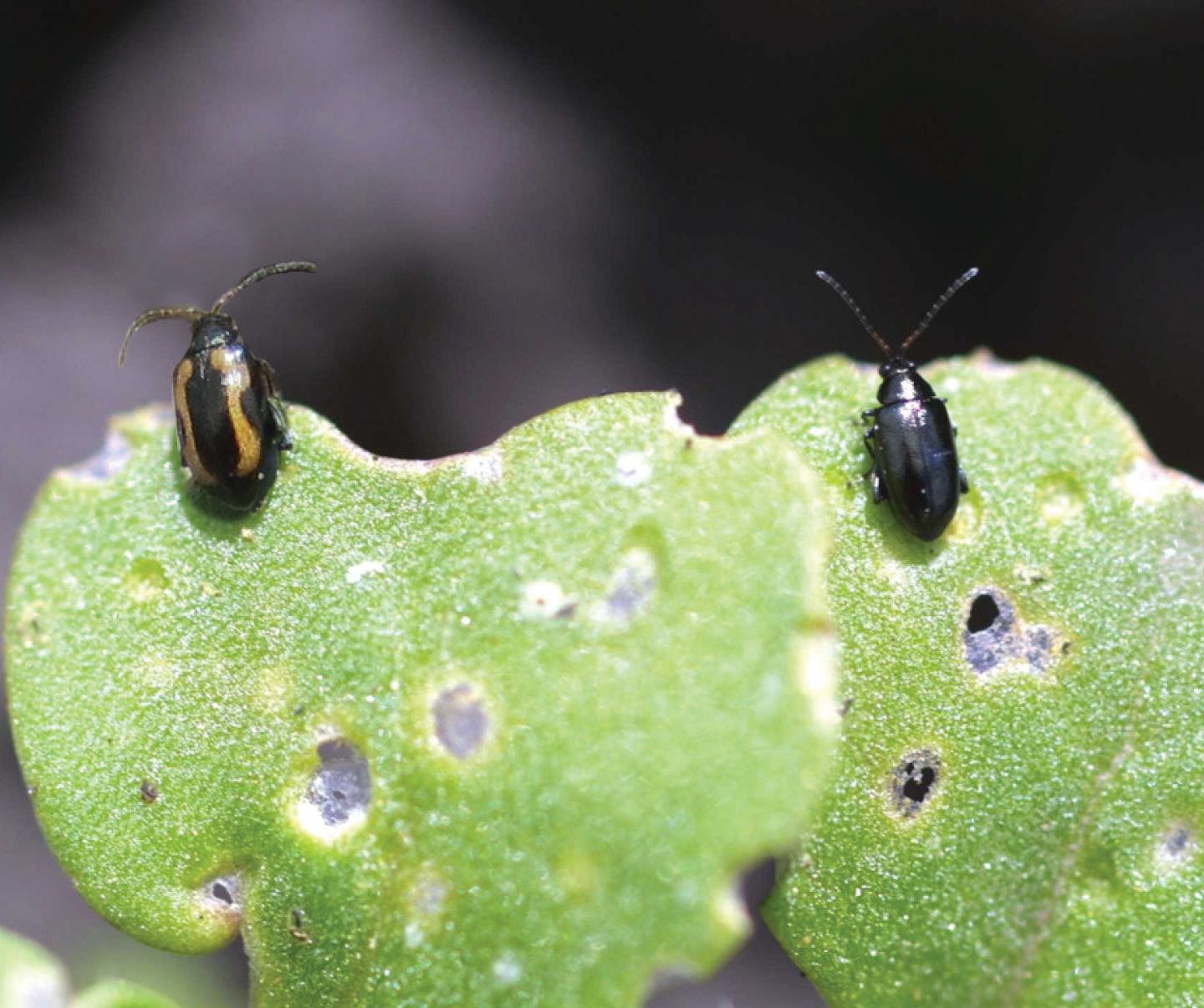
FMC has canola growers covered from pre-seed to post-harvest with products that control weeds and insect pests in canola.
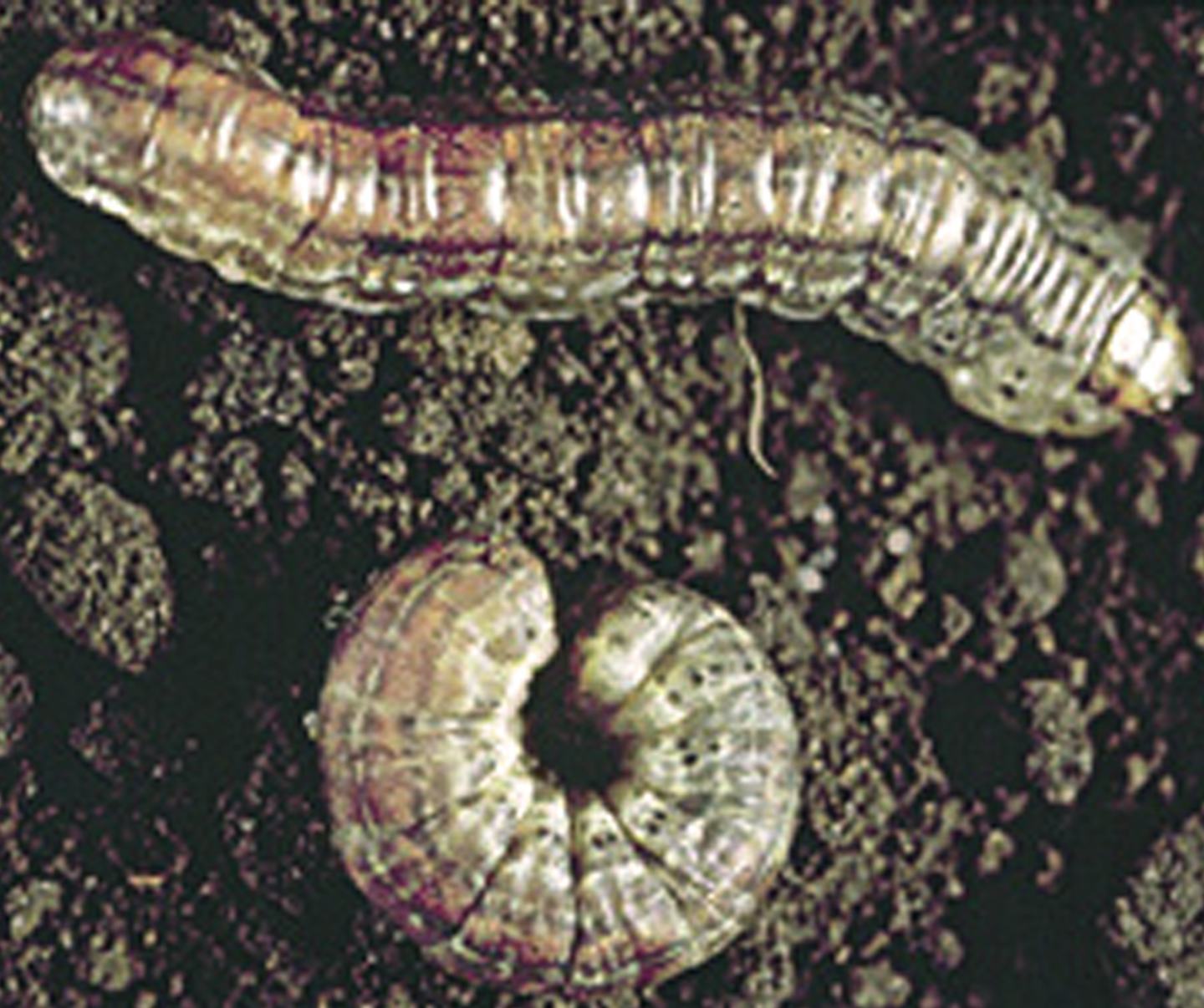
Striped and crucifer flea beetles can cause significant damage in early seeded canola when it is small. Cutworms are equally opportunistic, clipping or severing stems of seedlings before they are strong enough to withstand the damage. Learn how to protect your crop from these three early season pests.
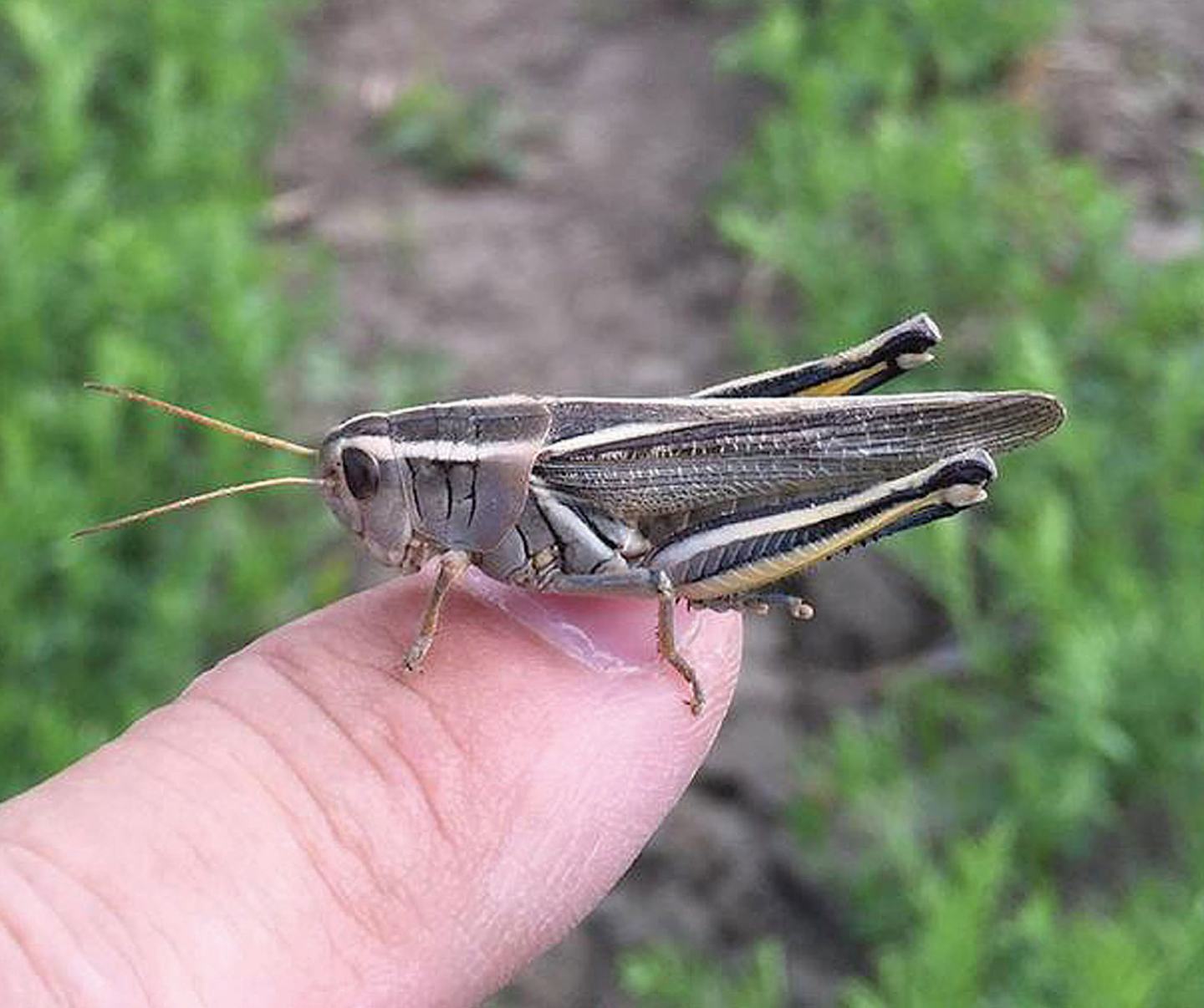
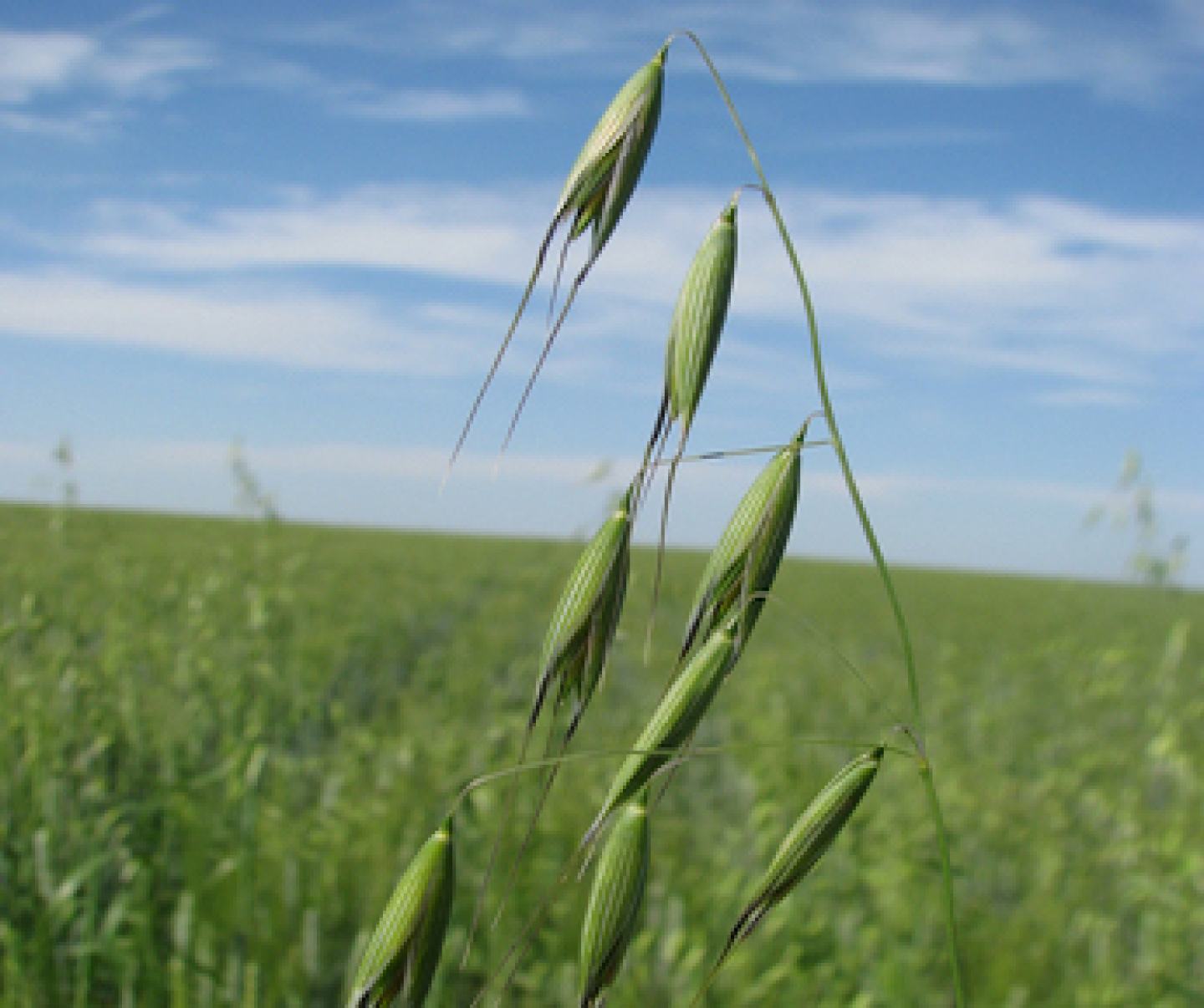
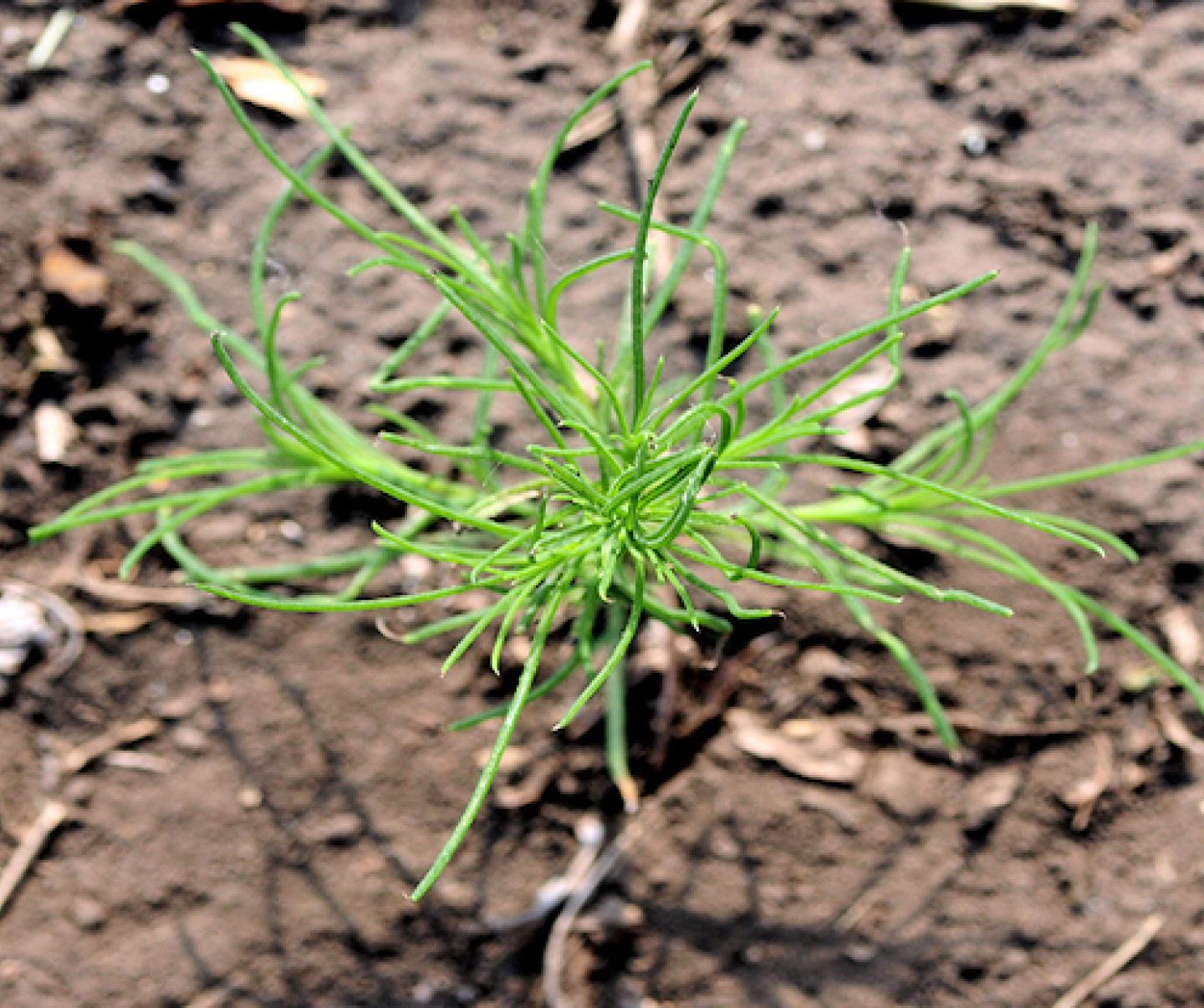
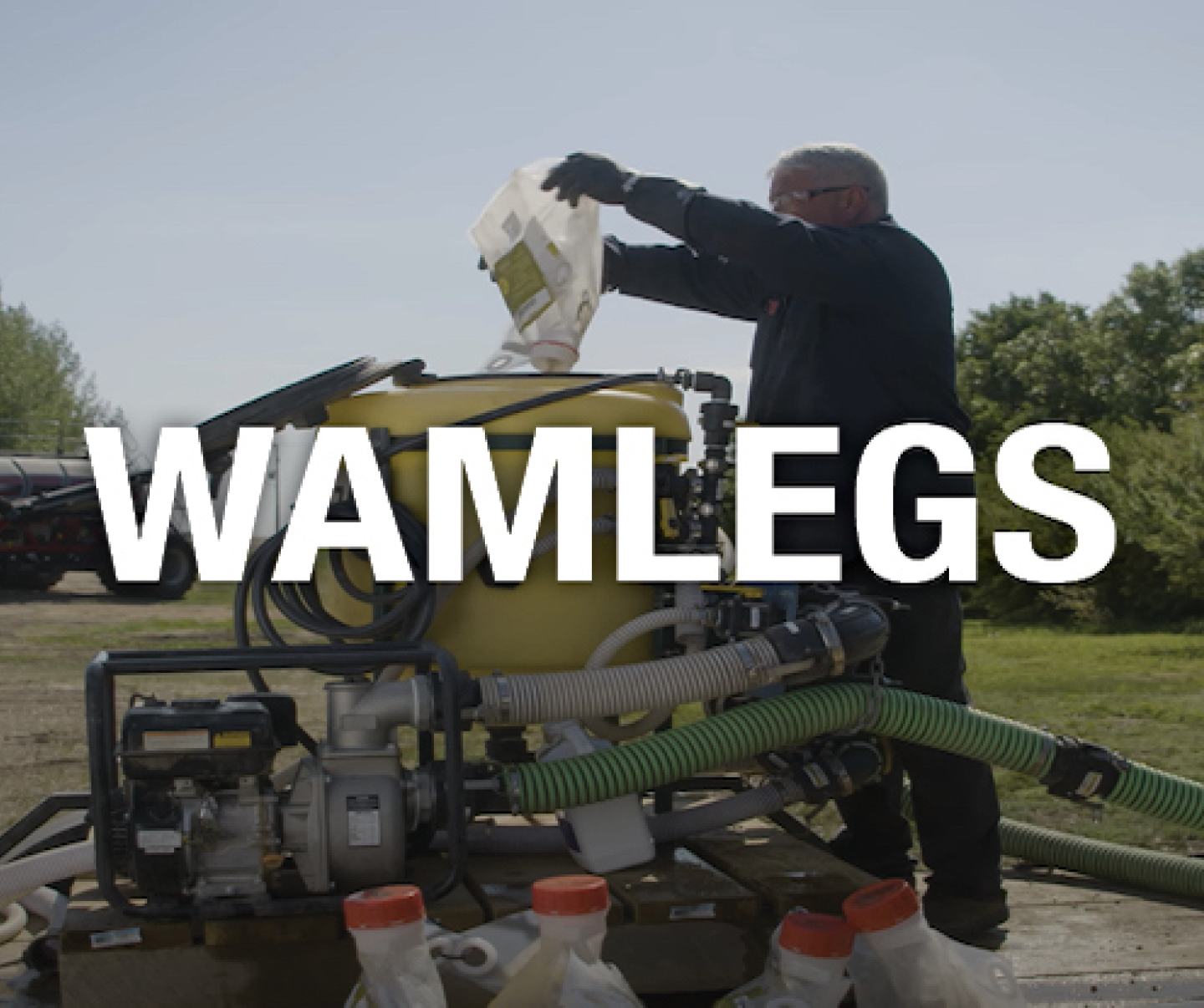
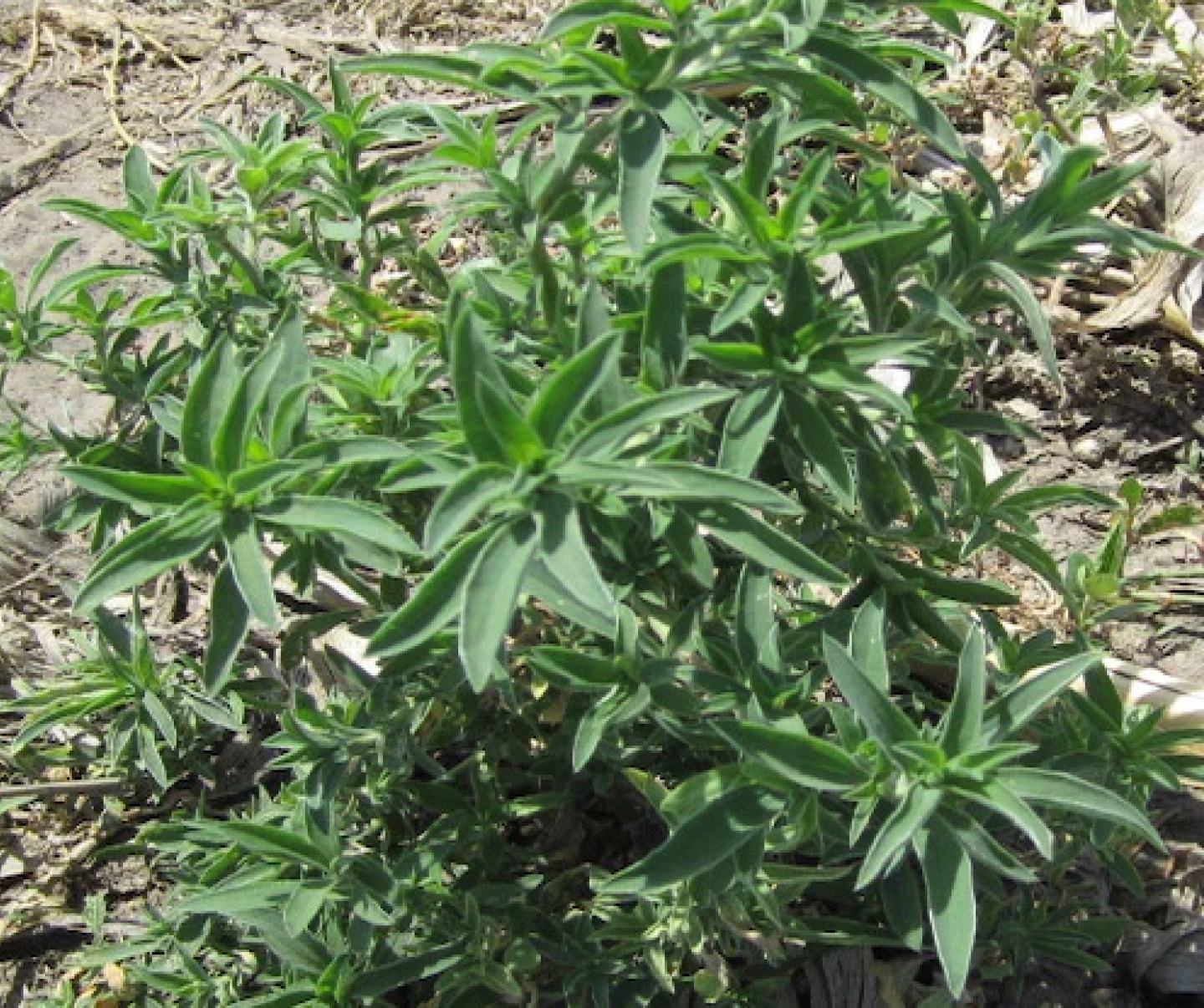
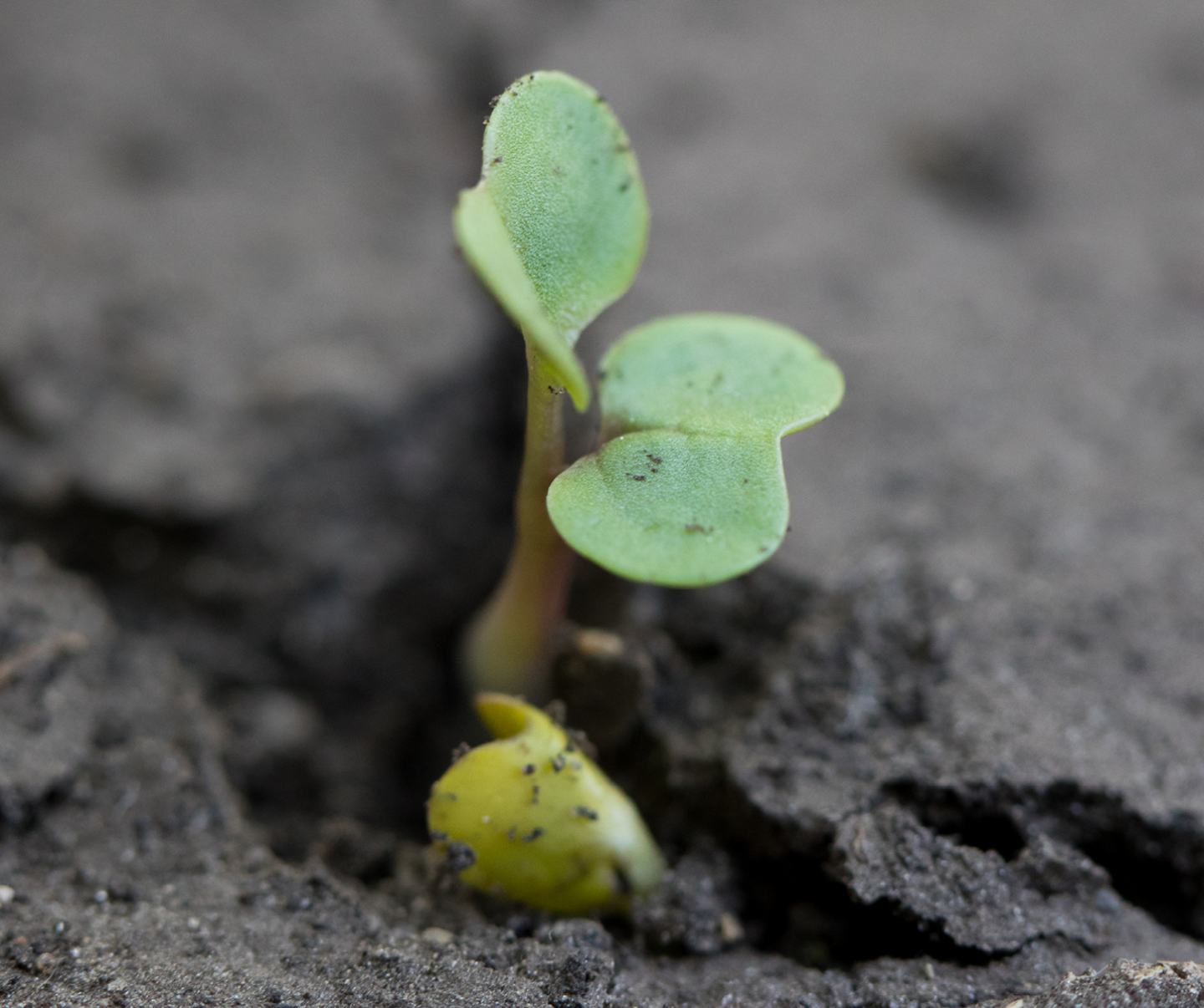



Command® Charge HerbicideLearn how to integrate Command® Charge herbicide into your canola weed control strategy, especially if you face pressure from cleavers and kochia. |
Aim® EC HerbicideEarly weed removal is critical to maintain high yields in canola. Aim® EC herbicide offers enhanced burnoff performance from a different mode of action. |
 A strong Group 14 glyphosate partner for enhanced burnoff prior to all major crops. Controls resistant broadleaf weeds and keeps cropping options open, so you can seed a wide variety of crops after application, including canola, pulses (including lentils) and cereals.
A strong Group 14 glyphosate partner for enhanced burnoff prior to all major crops. Controls resistant broadleaf weeds and keeps cropping options open, so you can seed a wide variety of crops after application, including canola, pulses (including lentils) and cereals.
 This Group 13 and 14 product delivers the most comprehensive broadleaf burnoff available to canola growers today. Tank-mix Command® Charge herbicide with glyphosate for fast control of emerged broadleaf weeds including kochia, volunteer canola, lamb’s-quarters and flixweed. The Group 13 mode of action delivers extended activity of flushing cleavers and chickweed.
This Group 13 and 14 product delivers the most comprehensive broadleaf burnoff available to canola growers today. Tank-mix Command® Charge herbicide with glyphosate for fast control of emerged broadleaf weeds including kochia, volunteer canola, lamb’s-quarters and flixweed. The Group 13 mode of action delivers extended activity of flushing cleavers and chickweed.
 When you apply Command® 360 ME herbicide pre-seed— with or without glyphosate — its powerful Group 13 mode of action goes to work, controlling flushing cleavers and suppresses chickweed so you can take back command of your fields, while fighting resistance at the same time.
When you apply Command® 360 ME herbicide pre-seed— with or without glyphosate — its powerful Group 13 mode of action goes to work, controlling flushing cleavers and suppresses chickweed so you can take back command of your fields, while fighting resistance at the same time.
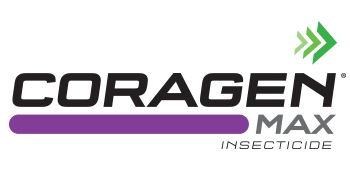 Coragen® MaX insecticide is powered by Rynaxypyr® active, a unique mode of action that provides remarkable plant protection. It delivers consistent, extended protection against key insects such as grasshoppers, diamondback moth, cabbage looper and others. It can be applied day or night in a wide range of temperatures and it has minimal impact on many important beneficial insects and pollinators.***.
Coragen® MaX insecticide is powered by Rynaxypyr® active, a unique mode of action that provides remarkable plant protection. It delivers consistent, extended protection against key insects such as grasshoppers, diamondback moth, cabbage looper and others. It can be applied day or night in a wide range of temperatures and it has minimal impact on many important beneficial insects and pollinators.***.
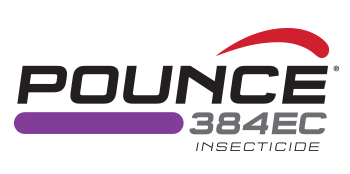 A top-performing solution for control of both striped AND crucifer flea beetles, as well as cutworms in canola. It is a synthetic pyrethroid that's stable in sunlight, which results in longer extended control versus other pyrethroids. Pounce® 384EC insecticide is an effective foliar solution to support canola seed treatment packages and is registered for both ground and aerial application.
A top-performing solution for control of both striped AND crucifer flea beetles, as well as cutworms in canola. It is a synthetic pyrethroid that's stable in sunlight, which results in longer extended control versus other pyrethroids. Pounce® 384EC insecticide is an effective foliar solution to support canola seed treatment packages and is registered for both ground and aerial application.
*Suppression
**Depending on rate and when weather and temperature are optimal.
***When applied at label rates. In line with Integrated Pest Management and Good Agricultural Practices, insecticide applications should be made when pollinators are not foraging to avoid unnecessary exposure.
Not sure where to start with your pre-seed application for Canola?
Try Command® Charge, our most comprehensive broadleaf burnoff product available to canola growers.